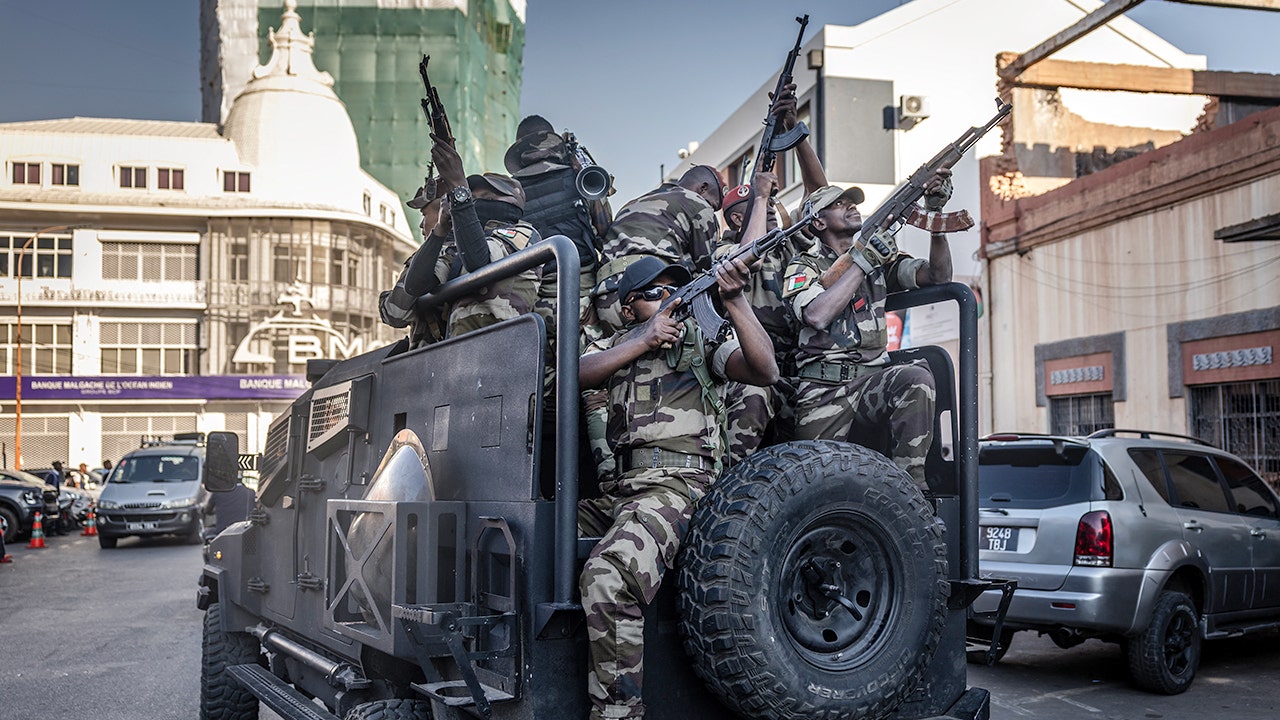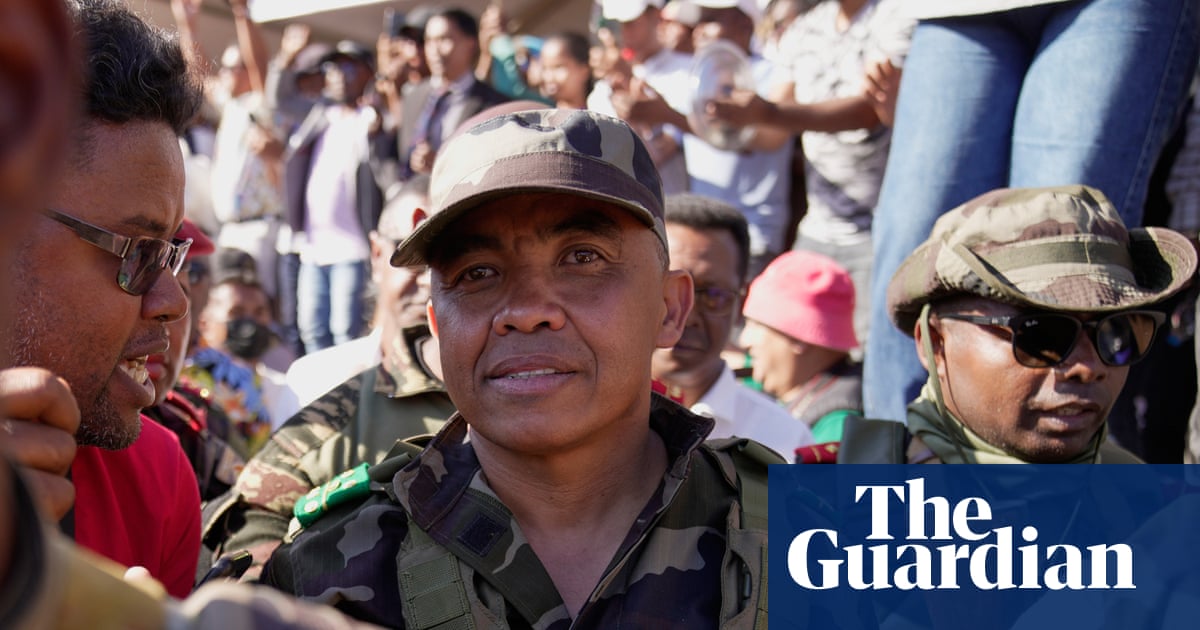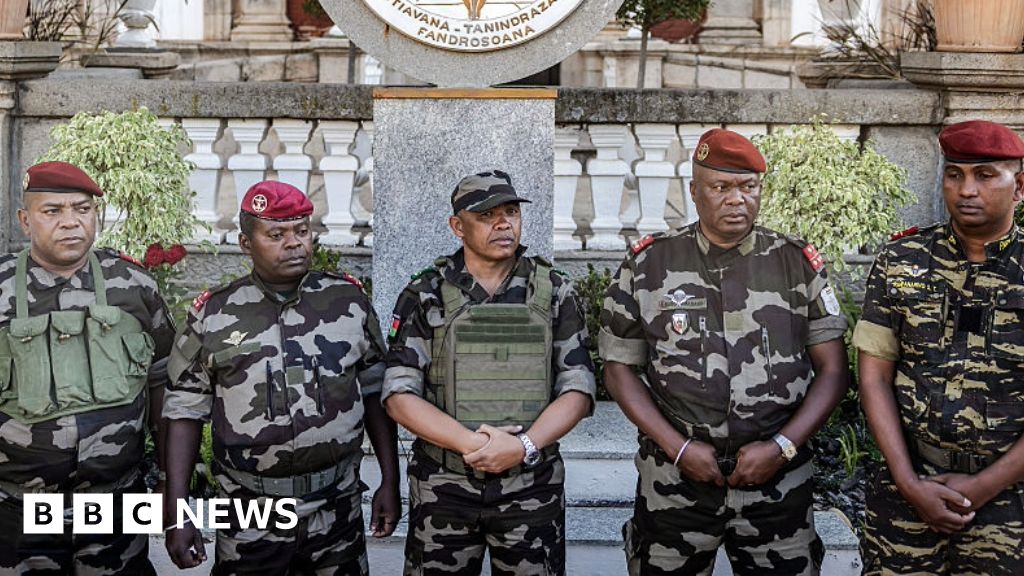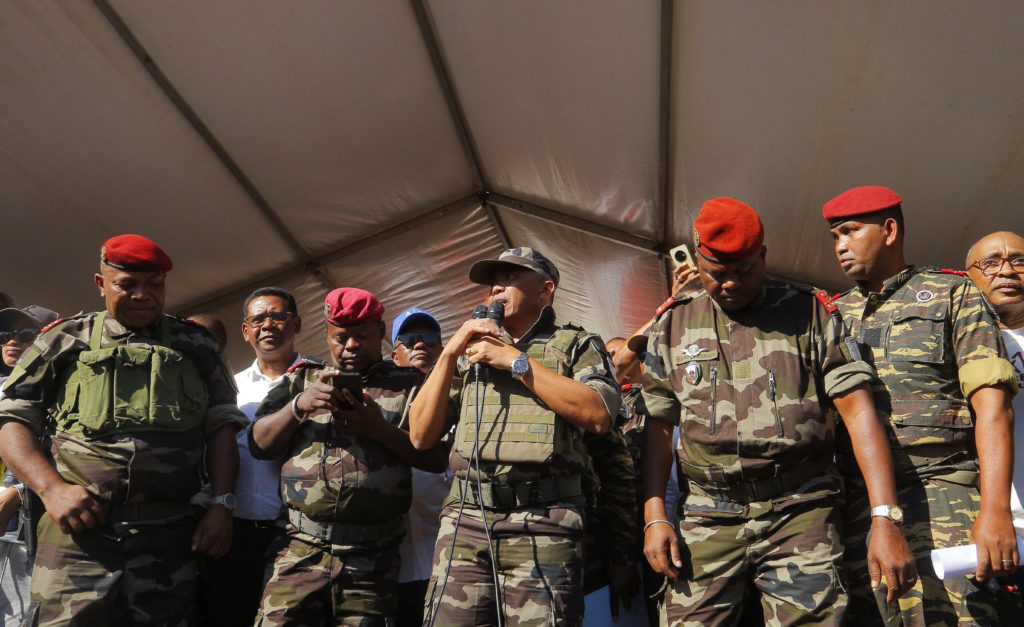Madagascar Military Seizes Power Amidst Protests and Presidential Impeachment
Madagascar's military has seized control of the government following weeks of youth-led protests, President Andry Rajoelina's impeachment, and his subsequent flight from the country.
Overview
- Weeks of youth-led protests in Madagascar escalated due to dissatisfaction with President Rajoelina's government over water and power cuts, unemployment, and corruption, leading to calls for his resignation.
- Madagascar's parliament impeached President Andry Rajoelina by a vote of 130 to one for abandoning his post, despite his attempt to dissolve the lower house to avoid the impeachment.
- The military, including an elite army unit, seized power in Madagascar, suspending key democratic institutions like the electoral commission and the High Constitutional Court.
- Colonel Michael Randrianirina announced the military's intention to establish a committee or council to set up a civilian government, planning to appoint a prime minister.
- President Rajoelina reportedly fled Madagascar on a French military plane, as troops and protesters celebrated his apparent ousting in the capital, Antananarivo, after the military takeover.
Report issue

Read both sides in 5 minutes each day
Analysis
Center-leaning sources cover this story neutrally, presenting a factual account of the unfolding political crisis in Madagascar. They attribute conflicting claims to various parties, including the military, the president's office, and the constitutional court, without endorsing any particular narrative. The coverage provides historical context and international reactions, maintaining an objective tone.
Articles (7)
Center (2)
FAQ
The protests were primarily triggered by frequent water and power cuts in the capital Antananarivo, as well as issues like unemployment and government corruption, which led to widespread youth-led demonstrations calling for Rajoelina's resignation.
An elite army unit, CAPSAT, mutinied and joined the protesters, refusing to follow government orders. They took control of central Antananarivo, seized key sites, and eventually declared they had taken power, forming a military council to oversee a transition to civilian government.
President Rajoelina was impeached by the parliament for abandoning his post after he attempted to dissolve the lower house to avoid impeachment. He subsequently fled Madagascar reportedly on a French military plane following the military takeover.
French authorities reportedly assisted Rajoelina's escape from Madagascar by providing a military plane for his evacuation. However, the French president did not confirm this involvement, expressing only concern and friendship towards the Malagasy people.
The United Nations condemned the violence against demonstrators and the disproportionate use of force by security forces during the protests. While urging respect for democracy following the coup, the UN did not deploy peacekeepers or impose sanctions, treating the crisis as internal.
History
- This story does not have any previous versions.







